Municipalities need consultants who can help secure funding, but that’s not all
The jack-of-all-trades municipal consultant is the one municipalities need most.
I’ve been a civil engineer for over 25 years; for a long time, it’s been my job to provide specialized expertise when it comes to efficient, effective civil infrastructure design. And up until this past year, I thought that being the transportation infrastructure design specialist was my most valuable asset to clients. Moving into a dedicated municipal consultant position full-time, though, has expanded my perspective on what is valuable to municipal clients and the multifaceted nature of the unique challenges they face.
As valuable as design expertise is, municipal clients need someone with more than just design expertise.
As valuable and indispensable as funding help is, they need someone with more than just the connections and know-how to obtain funding.
As valuable as service is, they need someone who can do more than just deliver the project on schedule.
As valuable as new technology is to projects, they need someone who can do more when it comes to helping them embrace the innovations that fit and enhance their processes.
In short, as valuable as municipal governments and infrastructure projects are to our communities, they deserve a municipal consultant who can play all of those roles, a jack-of-all-trades - and not a master of none, but of all - able to deliver efficient design, funding, comprehensive service, and the resources that help them modernize their processes.
It’s hard not to put priority on the funding element of project delivery because the necessity of federal funding for those projects through sources like earmarks, or through Local Public Agency (LPA) programs administered by the state, is almost absolute. But if the funding comes without the high-quality design, without the great service and resources sharing, and without the communication and collaborative skills needed during the construction phase, the project will be less successful, less cost-effective, and more work.
In order for a municipality to be in a position to acquire future project funding, it must demonstrate that any previous project funds received resulted in timely completion and project success. In this way, service, design, and resources can impact a municipality’s ability to acquire funding down the road. Bottom line: the highest level of municipal engineering service delivers in every role required for project success, not just funding.
So what does efficient, effective design look like? It meets a specific need, defined by the project objective, to improve the quality of life for the public within the municipality we’re working for. High quality design maximizes the functionality of the infrastructure improvements at the most efficient cost - to meet budget constraints - and requires the least amount of future maintenance.
What does high quality service look like? It’s defined by the following qualities:
- Availability. Being present for the municipality when they need their consultant, whether their need is related to an ongoing project or not.
- Responsiveness. Being proactive is a must to provide a needed answer or to deliver a project sooner than expected.
- Innovative thinking. Developing ideas and strategies that will set municipal clients apart from neighboring cities and counties is part of providing service that is customized to each client’s needs.
- Efficiency. Delivering projects on schedule and developing the most cost-effective design for each project go hand in hand.
- Adaptability. Being agile and able to adjust to changing circumstances or to meet unanticipated challenges and needs is required.
- Dependability. Consistently delivering for the client, no matter how small or large the task is essential to earn trust.
- Leadership. Encouraging client confidence in the project through good overall management and communication.
- Conflict Management. During the construction phase of a project, obstacles that require conflict resolution and problem solving on the fly are likely to occur. In many cases, engineers often rely on a contractor’s expertise when an unforeseen circumstance arises, particularly in the interest of keeping a project moving forward; however, before accepting those recommendations it is important to for the engineer to consider if the proposed solution is in the best interest of the client from all points of view.
What does it mean to partner with municipalities by sharing advances in technology? Technological innovations make it possible for local governments to operate more efficiently, through streamlined communication, automated data collection, and more. As engineers, we should help our municipal clients identify and embrace these opportunities. This means we have to be true partners, identifying both strengths and weaknesses of our municipal clients. We need to offer guidance and the right innovation tools to help our clients modernize.
While it may seem that acquiring and managing funding is the most important challenge municipalities face when it comes to major infrastructure projects - and certainly, municipal consultants should be adept at procuring and navigating federal or LPA funding for projects - a more holistic approach that emphasizes expertise in all areas, from soft skills to technical knowledge, is what will best serve our municipalities.
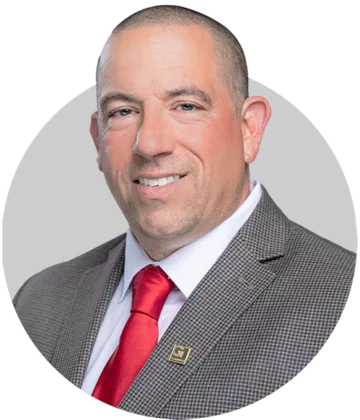
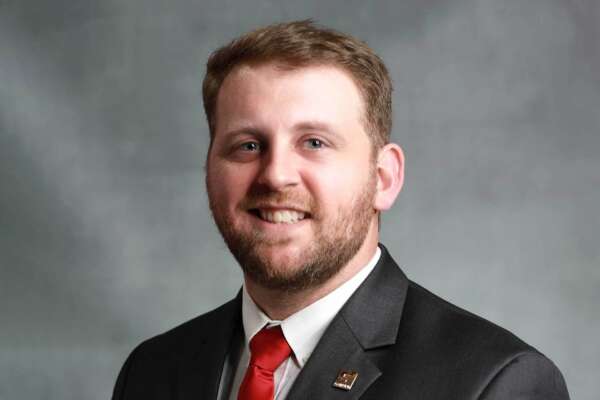

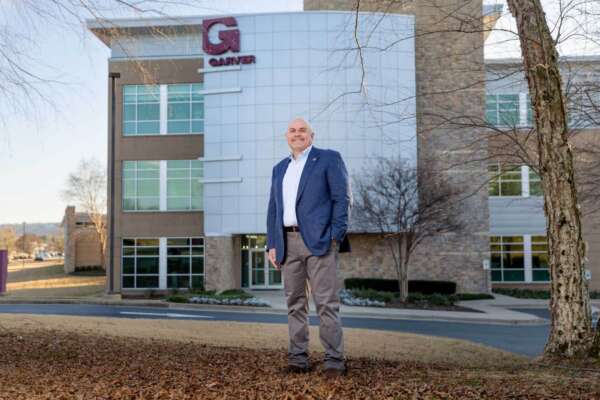
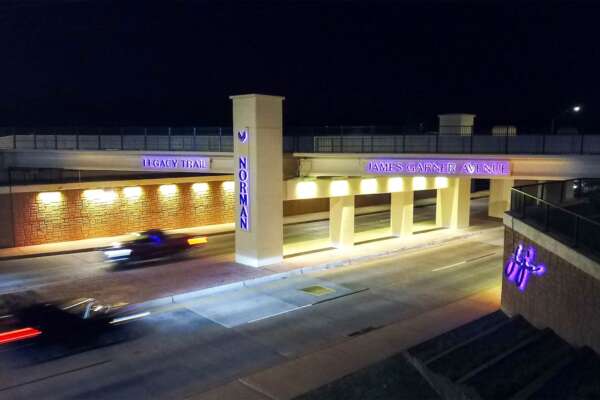
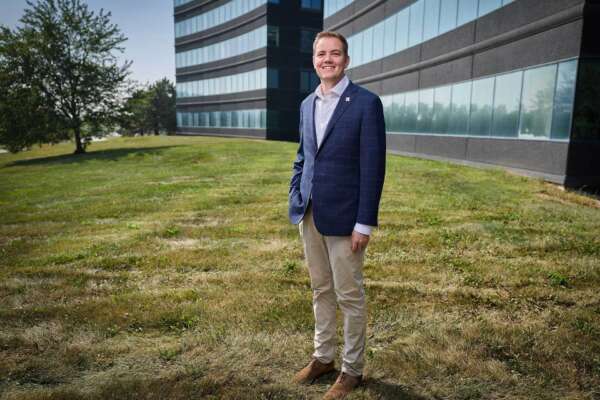



Share this article